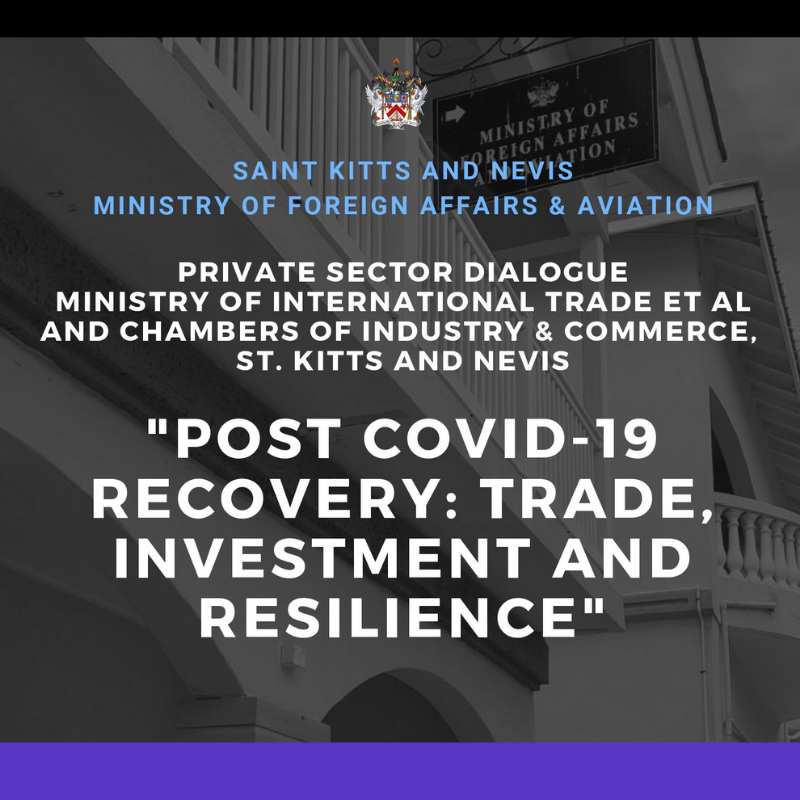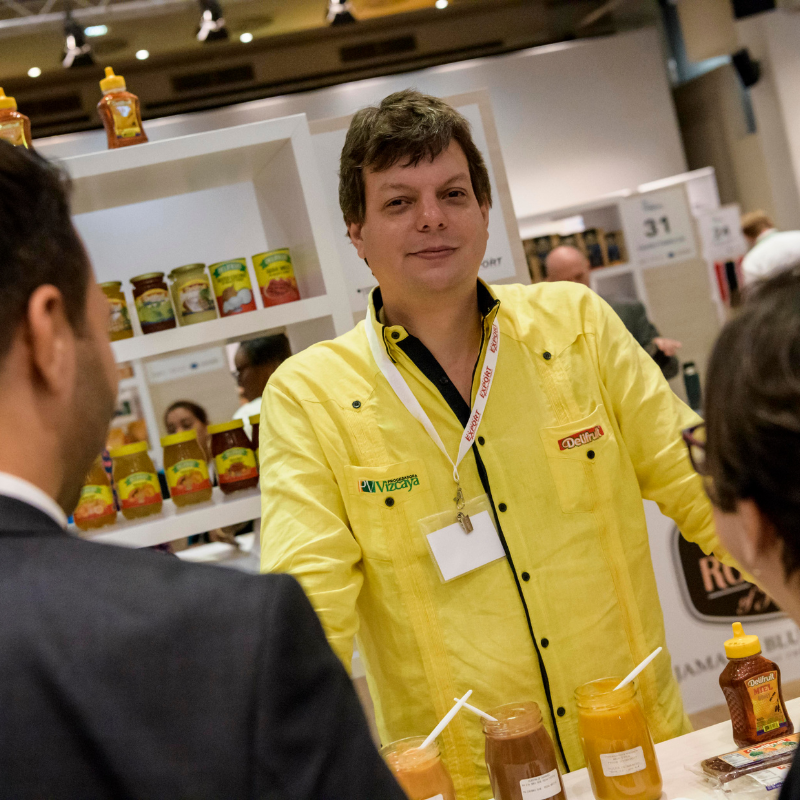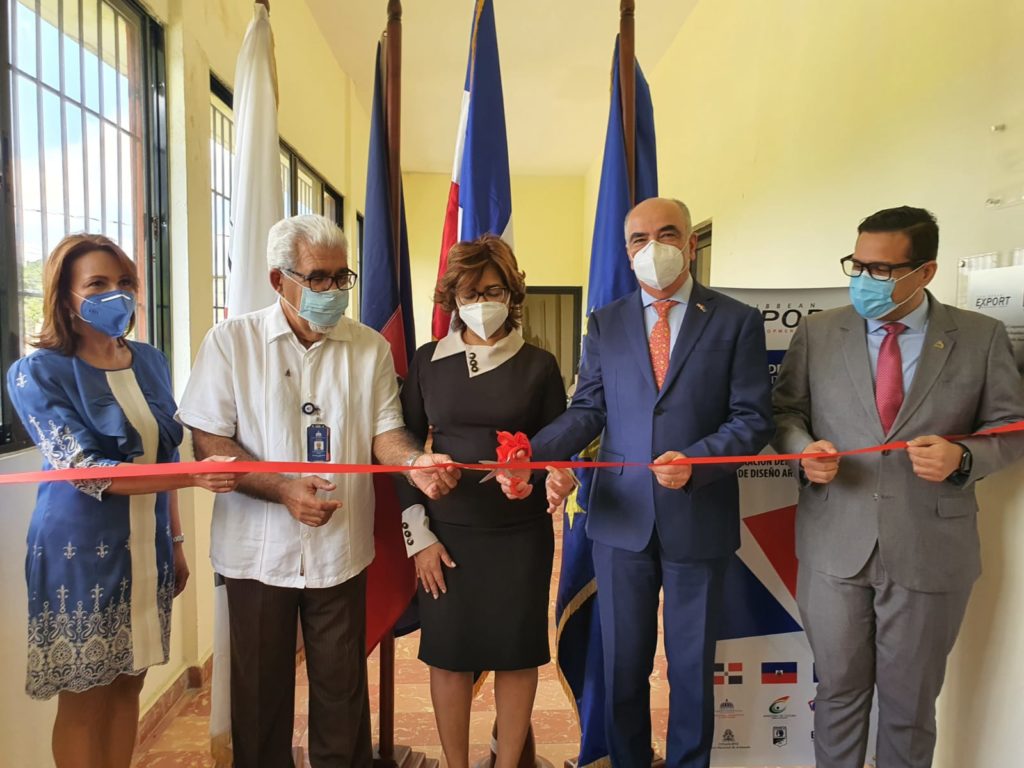The United Nations commemorated Micro, Small and Medium-sized Enterprises (MSMEs) day on 27th June. This day dedicated to MSMEs is to recognise their contribution to the global economy. There is indeed a clear reason for doing so. The United Nations Conference on Trade and Development reports that MSMEs account for more than 90% of all businesses and around 70% of jobs globally.
Right here in the Caribbean, MSMEs form the backbone of many of our economies generating precious jobs and opportunities for our people. According to the Caribbean Development Bank, MSMEs represent between 70-85% of Caribbean businesses and contribute between 60-70% of Gross Domestic Product. Critically, they account for an estimated 50% of total employment. Importantly, 40% of Caribbean businesses are owned by women. The success of these enterprises reflects the ingenuity, industry, and innovative spirit of our entrepreneurs. Based on the data, to build a resilient Caribbean under normal circumstances where business must be a central partner, we would need to ramp up support to the entrepreneurs in micro, small and medium scale business enterprises.
However, given the fact that we are living in unprecedented times with small and vulnerable Caribbean countries reeling from the coronavirus pandemic, the emphasis must be on fast-tracking recovery and building resilience. To be successful, the private sector has a major part to play. Consequently, given the role of MSMEs in creating opportunity and jobs, it is logical that MSMEs must get priority attention. Policy measures excluding them or providing sub-optimal support will be counterproductive and only ensure a prolonged recovery phase or even worse, job loss and suboptimal growth.
MSMEs require a range of support including finance on which I have previously written. However, it is not only about providing financial support and creating an enabling environment for business to flourish. There are other crucial areas where support is required to give our MSMEs the maximum chance of success.
First and foremost, is the area of technology. COVID-19 has demonstrated quite clearly the imperative of embracing new ways of working and doing business. Support must be extended to our MSMEs to help them embrace this new era. We at the Caribbean Export Development Agency (Caribbean Export) have already scaled up our support in this area and have seen huge interest on the part of businesses across the Region. For example, at our last webinar on e-commerce “Build your e-Commerce Store from Scratch†in February 2021, we had over 400 participants from across the Caribbean. This shows the eagerness of our firms to take advantage of the opportunities presented by technology to help grow their businesses.
Technology also has a democratising effect helping firms regardless of size with an opportunity to grow their businesses and reach new customers at low cost. In this COVID-19 era, examples abound. Here in Barbados, small scale farmers have taken to the internet to sell their products. In Trinidad and Tobago, there is a Facebook group “Trini Farmers†with an estimated membership of 49,500 members which serves as a peer group where members support each other. These are two good examples where entrepreneurs have taken the initiative. At the same time, we need to be actively supporting those who need assistance.
In terms of leveraging technology to grow businesses, government has an important role to play in creating the right policy environment, providing incentives, and delivering concrete support to MSMEs. Simultaneously, it is not only about state assistance, but the larger corporate sector including financial institutions, have an important part to play as mentors and business partners for MSMEs. It is in everyone’s interest for micro, small and medium scale enterprises to succeed.
Secondly, the cost of energy here in our Region is amongst the highest on the planet. This is not only a disincentive to foreign direct investors but also a constraint to our businesses right here in our Caribbean. High energy costs simply drive up the cost of production making it difficult for us to compete with imports at the national level and to export our products to regional and international markets. To address this matter, the push to renewables is important both at the national and regional levels. We at Caribbean Export are working closely with MSMEs across the Region to help them enhance energy efficiency and as a result make them more competitive. However, we need to do this on a scale that can have a transformational impact. The reality is that we are not there yet. Allocating the requisite resources to reduce energy costs with the twin advantage of taking climate action, must be a high priority at the national level.
Finally, our MSMEs need to focus on niche markets with premium products and commensurate prices to reflect their quality. We at the Caribbean Export have been helping regional businesses to penetrate the European market and take advantage of the Economic Partnership Agreement with the European Union. However, we also realise much more must be done. It is precisely for this reason that we have partnered with the International Trade Centre to establish a hub for trade in sustainable products.
This Hub will help bolster the competitiveness of MSMEs by supporting the implementation of green business practices. There is already a well-established and growing market for products that meet sustainability criteria, and we are keen to help Caribbean businesses take advantage of this opportunity. Going forward, it is important to partner with business support organisations not only in Europe but also in other premium markets to get our products on the shelves to attract the expanding customer base for products that meet “sustainability “criteria.
In summary, fast-tracking recovery and building resilience require a major programme of support and focus on our micro, small and medium sized businesses. They are key to creating much needed jobs and opportunity for our people. To achieve success, a broad-based partnership including with the larger regional business enterprises is required. The Caribbean Export Development Agency is committed to this agenda. We will continue to work with all to provide this much needed support and create options and opportunities for our people, as we seek to build a truly resilient Caribbean.










